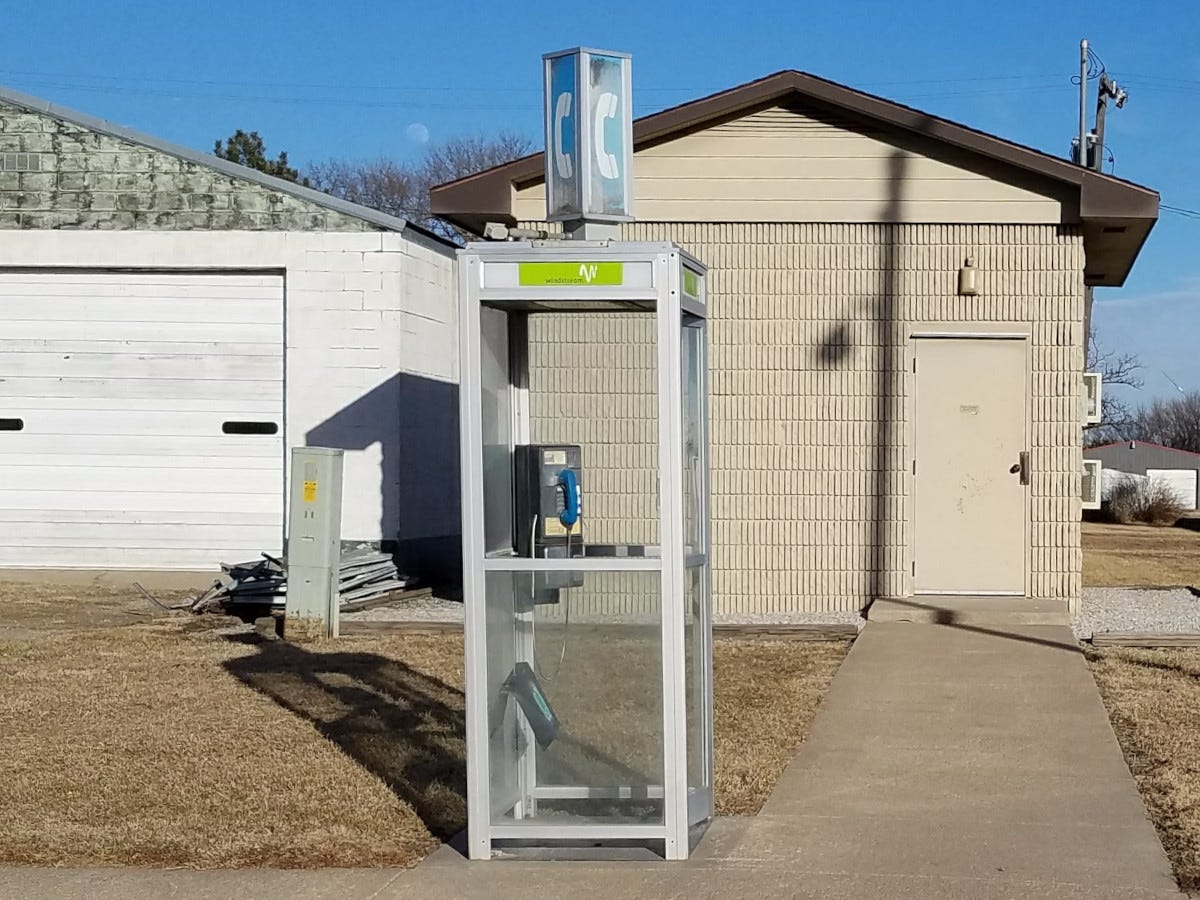We're already at cyberwar
On text messages, risk assessments, and the US government's sudden reversal of policy on encryption
Never mind what the government has been saying and how it has been acting for many years now: Americans are being told to switch to encrypted messaging services rather than old-fashioned texts between friends and family. It's a significant reversal, instigated by the revelation that China's government and its affiliates have seriously compromised the security of America's telecommunications infrastructure.
■ So, all that stuff we used to hear about the importance of having backdoors for law enforcement? Forget it! Now it's all encryption, all the time!
■ It's all a matter of finding the lesser among evils -- or, perhaps, of making weighted-risk assessments of the available options. It may be bad if domestic law enforcement can't crack criminal cases because people were encrypting messages and rendering wiretaps useless. It's probably a whole lot worse if a hostile adversary can plug into the essential lines of communications that we've always used with almost no hesitation because what's domestic feels secure (even when it's not).
■ End-to-end communications encryption is rising to the surface as a matter of vital national interest, but it's also time to start considering what to do with data when it's "at rest" -- not traveling from place to place, but residing on the user's devices. We're going to regret not taking storage encryption more seriously than we do now; depending on what else our adversaries have already compromised, it may already be too late for much of what is stored.



